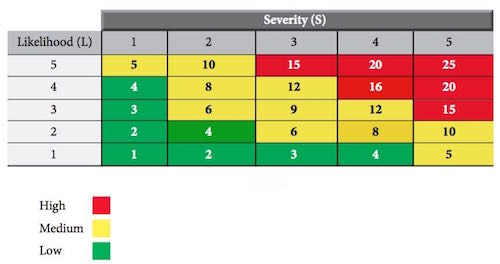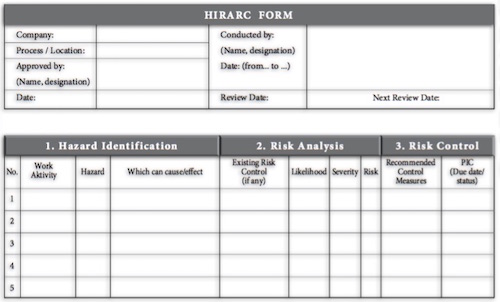- Flammable, explosive or highly reactive.
- Produce hazardous vapors or dust.
- Carcinogens.
- Abrasives.
- Poisonous.

Spills of hazardous chemicals require different actions depending on the size of the spill, flammability, reactivity, toxicity, route of entry into the human body and also the time frame needed to control a spill. Most spills can be prevented or controlled with the planning of the operation, transport and storage as well.
Most accidents occur in the laboratory when chemicals are transported from one place to place to another or when transferring from one container to another container. Therefore some general safety rules must be followed and made constant practice to avoid chemical spills.
- One person is only allowed to transfer a large bottle containing acid, solvents or other liquid, in a time when only the hands. Bottles should be held with hands, one on the neck of the bottle and one on the bottom of the bottle. Never try to lift the solvent bottle with the cap only just holding on.
- When transferring chemicals using a cart, make sure that the load is appropriate. Do not leave the bottle in contact with another bottle. Never load bottles of chemicals that are not compatible on a trolley.
- Take the stairs or elevator to move special chemicals.
- Use bottle carrier or a special bucket to avoid knocking the bottle to the wall or floor.
-Emergency or major spill
- Chemical spill would be considered an emergency spill if;
- Cause injury to the victim and need medical treatment.
- Cause a fire.
- Require resuscitation equipment.
- Involve the public area.
- Require evacuation of an area or building.
- Cause building or property damage.
- Involve large quantities of mercury.
- Require a long cleanup effort.
- Engage the unknown compounds.
- Enter the water source.
-Small spills
- Apart from emergency spill is classified as a small spill.













